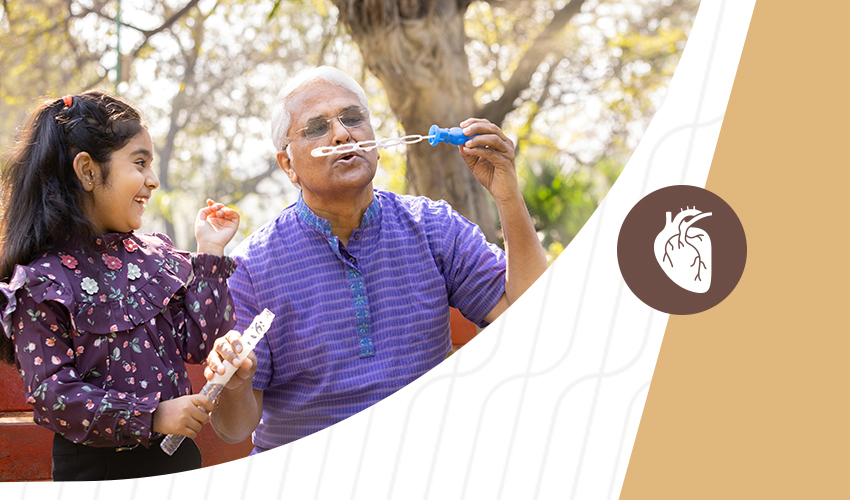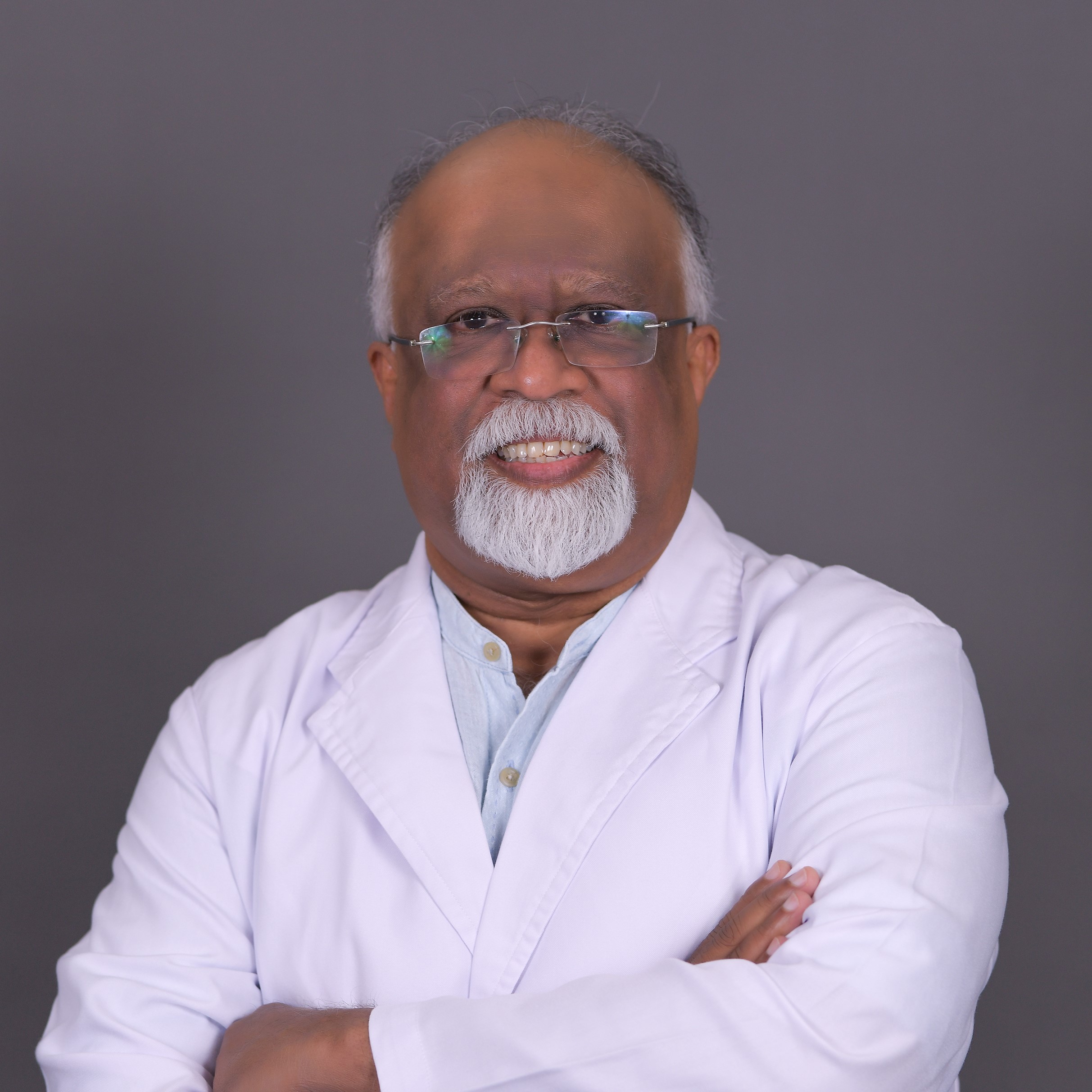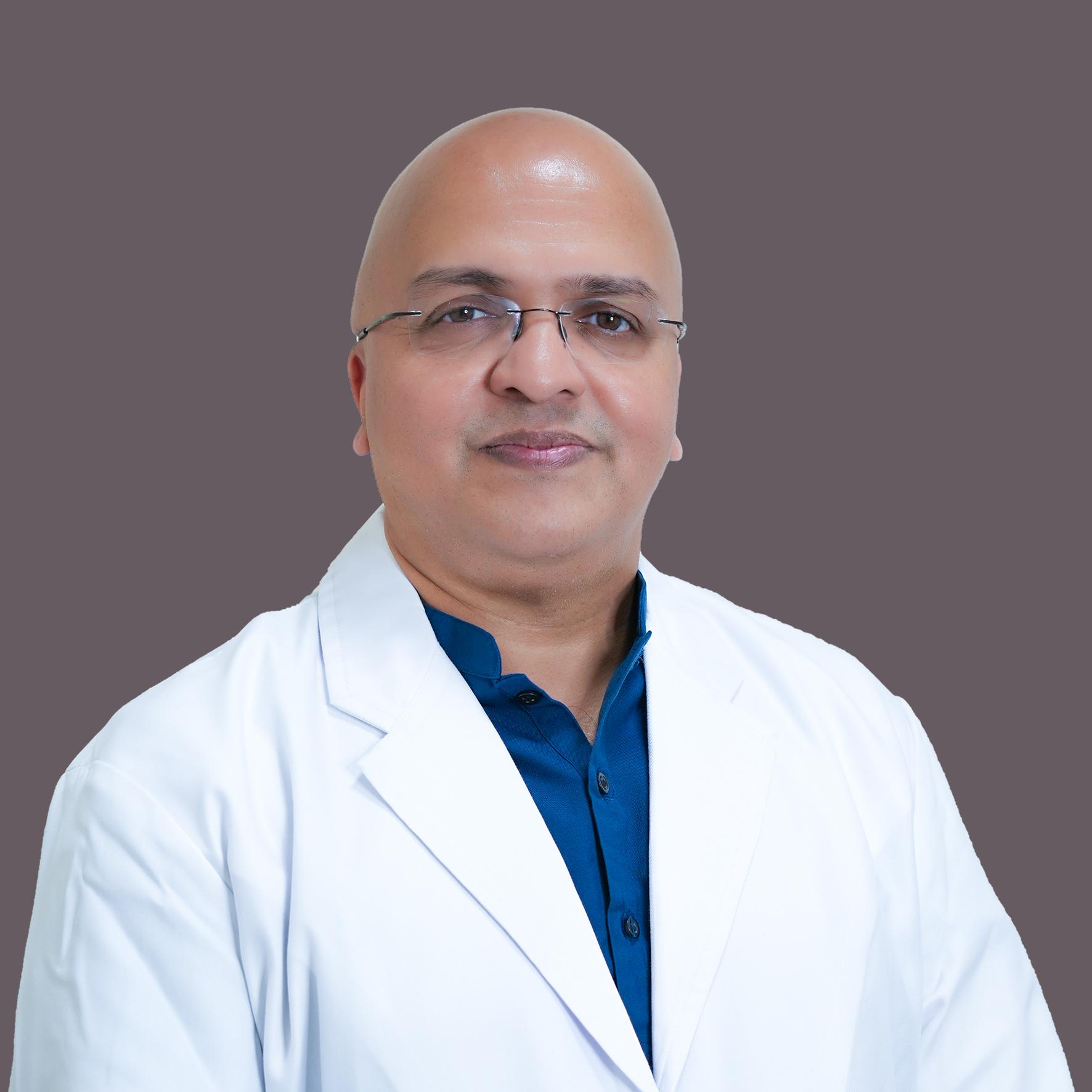- Our Doctors
- Our Specialities
Centres of Excellence
-
 Centre for Blood Diseases, BMT & Cancer Immunotherapy
Centre for Blood Diseases, BMT & Cancer Immunotherapy -
 Centre for Bone, Joint & Spine
Centre for Bone, Joint & Spine -
 Centre for Critical Care Medicine and ECMO Services
Centre for Critical Care Medicine and ECMO Services -
 Centre for Gastrosciences
Centre for Gastrosciences -
 Centre for Heart & Vascular Care
Centre for Heart & Vascular Care -
 Centre for Nephro-Urosciences
Centre for Nephro-Urosciences -
 Centre for Neurosciences
Centre for Neurosciences -
 Centre for Obstetrics and Gynaecology
Centre for Obstetrics and Gynaecology -
 Centre for Organ Transplantation
Centre for Organ Transplantation
Super Speciality
-
 Advanced Diagnostic and Interventional Radiology
Advanced Diagnostic and Interventional Radiology -
 Anesthesiology & Pain Management
Anesthesiology & Pain Management -
 Clinical Nutrition and Dietetics
Clinical Nutrition and Dietetics -
 Dental and Maxillofacial Surgery
Dental and Maxillofacial Surgery -
 Dermatology
Dermatology -
 Emergency and Trauma
Emergency and Trauma -
 Endocrinology and Metabolic Disease
Endocrinology and Metabolic Disease -
 ENT and Head & Neck Surgery
ENT and Head & Neck Surgery -
 Family Medicine
Family Medicine -
 General and Laparoscopic Surgery
General and Laparoscopic Surgery -
 General Medicine
General Medicine -
 Laboratory Medicine
Laboratory Medicine
-
- Key Procedures
- Our Hospitals
- International Patient
- Contact us
-
Quick Links


Cardiovascular and Thoracic Surgery (CVTS)
The Meitra Cardiovascular and Thoracic Surgery specialty of the Center for Excellence of Heart and Vascular Care provides quality care to treat severe and complex cardiovascular diseases that affect people of all ages through innovative surgical techniques. Our team of experienced cardiac surgeons perform every type of cardiac surgery including elective or emergency for valvular heart disease, heart failure, coronary artery disease, congenital heart disease, and arrhythmias. They are experts in performing complex procedures including, heart transplantation, heart valve surgery, beating heart and redo operations, implantation of ventricular assist devices, coronary artery bypass surgery, and percutaneous procedures.
Our cardiovascular and cardiothoracic surgeons are on the leading edge of treating cardiovascular and cardiothoracic conditions, using the latest innovations, such as minimally invasive heart surgery. Our coordinated team approach ensures your reports are available quickly, appointments are scheduled in coordination, and multiple experts discuss the best approach based on your needs. What might take months elsewhere, can often be completed within a few days here.
തുടിക്കുന്ന ഹൃദയങ്ങളില് 5000 ശസ്ത്രക്രിയകള്; ഡോ. മുരളി പി വെട്ടത്ത് സംസാരിക്കുന്നു
Conditions and Treatments
Uncompromised healthcare services. Always.
Meet Our Doctors
Experienced medical professionals for a superior patient experience.
Frequently Asked Questions
How long will I be in the hospital?
The average length of stay of our cardiac surgery patients is 5-7 days. Your actual length of stay may vary depending on your vital signs, lab work, dietary, and activity.
What can I do to ease back into my daily routine?
You'll likely be anxious to get back to your daily routine after heart surgery, but you must be patient and allow your body to heal and recover. Here are a few steps to follow to enable better recovery:
- Follow your health provider’s recommendations: This is particularly important for resuming activities such as lifting heavy objects and driving.
- Listen to your body: If you tire easily or feel pressure or pain during an activity, stop. Pushing yourself too hard increases the risk of injury or complications.
- Lifestyle: Eating a heart-healthy diet, being active, reducing your stress, getting enough sleep and avoiding smoking and alcohol, are all important lifestyle choices that will help you heal and get back to your daily routine.
What diagnostic tests can I expect before a CABG procedure?
Your doctor might order several tests before your CABG procedure. These may include blood tests, EKG, echocardiogram, chest x-ray, cardiac catheterization, and angiography.

 +91 9393 108 108
+91 9393 108 108


























































